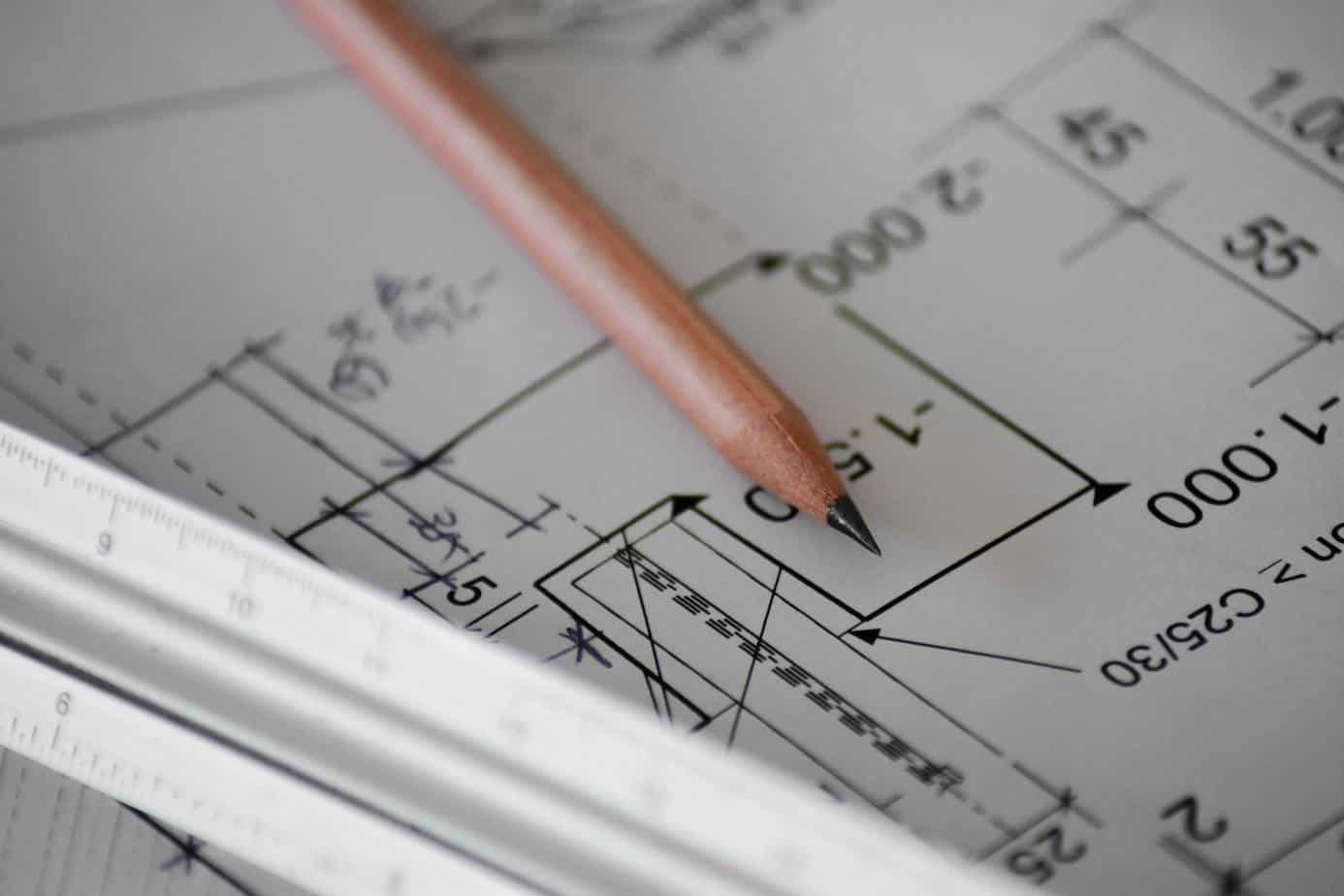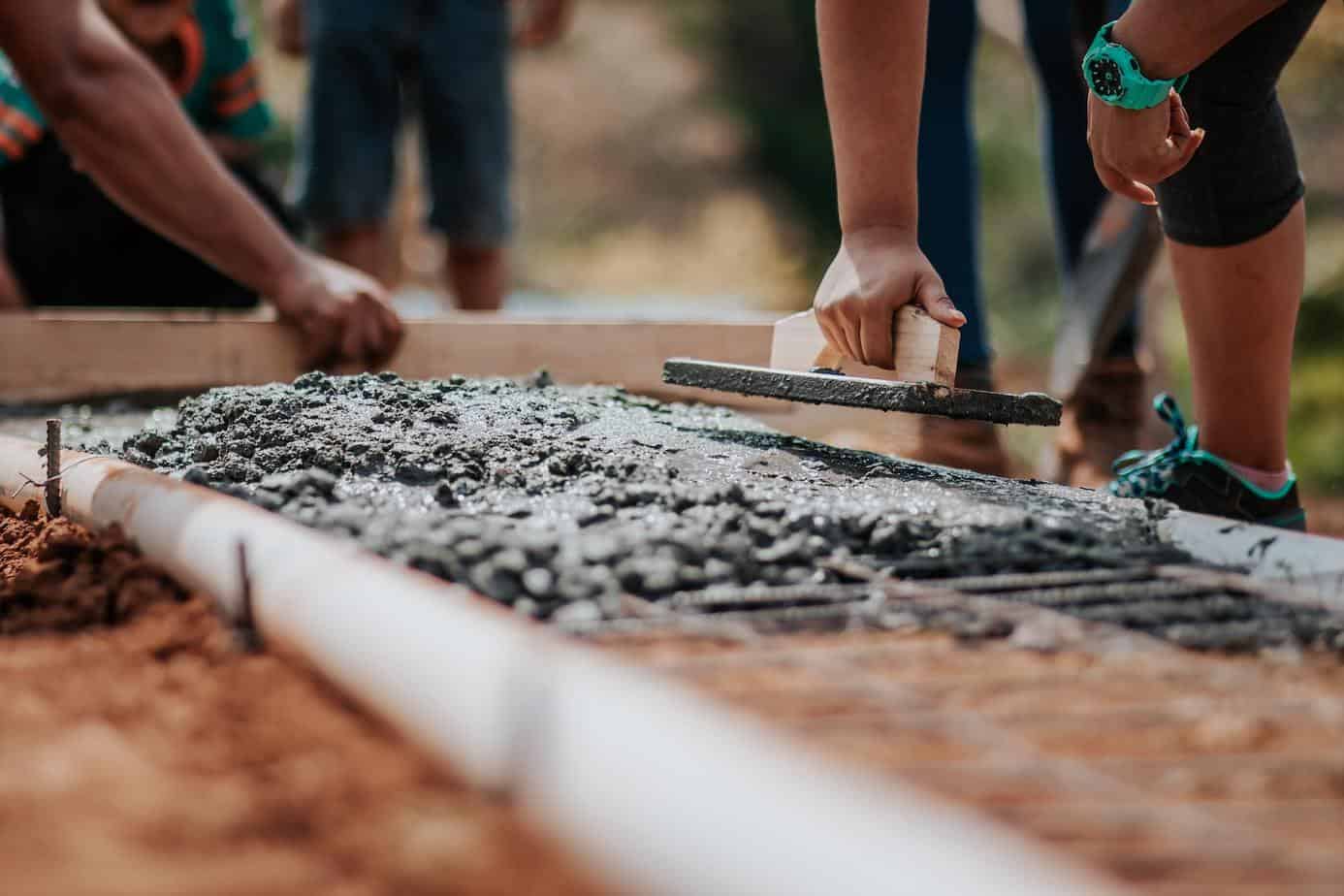Tenant’s and Homeowner’s Rights in the Face of Foundation Repair
Whether you’re a tenant living in a home or a homeowner yourself, you’ve likely invested in your place’s condition. As you probably know, it pays off to keep an eye on any issue that might occur in the house or its surroundings — it can save an enormous amount of time and money in the long run.
One of the most significant repairs a house can undergo is anything that has to do with the foundation. If you find out that your rental is in need of this kind of repair, you might probably wonder what your rights and responsibilities are in this situation. For this reason, we’ve created this guide with the answers to the most common questions.
Who is in Charge of Hiring and Paying for Foundation Repair?
Generally speaking, the landlord, who is also the homeowner, will be responsible for hiring a foundation repair company and paying for the repair. Under most circumstances, tenants are only liable for damages they cause, and foundation issues are rarely their responsibility.
However, there are a few exceptions to this rule of thumb. Most notably, if the tenant causes damage to the foundation by driving their car into it, parking on the soft ground around the home, or in any other way, they might be held responsible if the homeowner can prove that they caused the damage. If that’s the case, the renter will likely have to pay for the repairs, but the landlord will maintain control over the company performing them.
One responsibility tenants always have is to keep track of any signs of foundation damage and report them to their landlord. In most cases, the tenants have access to the property far more often than the landlord, so they are the first to notice issues and should report them immediately.
Some landlords may opt to ask their tenants to pay for the foundation repairs upfront and will offer rent reductions until the total is repaid to the tenant. However, as a renter, you should feel no obligation to do so. If you decide to do so, remember that all agreements should be made in writing with the help of an attorney.
Who Should Schedule the Repair Work?
In most cases, the landlord will be responsible for scheduling the repairs. As the homeowner, the landlord has the greatest interest in the property and in maintaining its structural stability and safety, so they will generally want to hold the reins when it comes to choosing a repair company and scheduling the work.
More like this: Who Should Pay for Repairs in a Rental?
On the other hand, some homeowners may opt to hire the foundation company and pay for the repairs but leave the job of scheduling the work to the tenant. This option might help both parties to cut down on back-and-forth calls trying to come up with the best time that works for everyone.
In any case, the landlord and the tenant should remain in close contact until the job is complete. At first, discussions about the repair process should include timing considerations, including work hours that won’t interfere with the tenant’s living situation.
For example, suppose a tenant works overnights and would be disturbed during their off-hours. In that case, the schedule might need to include weekends or evening hours if the foundation repair specialist can accommodate it.
Access to the property is another essential discussion point between landlords and tenants. For most repair jobs, the repair company will need access to the inside and outside of the foundation, which means they’ll need to enter the tenant’s living area. As such, the scheduling might be more easily accomplished via the tenant, as they might be granting access for repairs.
Who Needs to be Present During the Repair Work?
The conversation about foundation repairs between a landlord and tenant should also include an agreement about who will be present while the repair company works. Most landlords will choose to show up in case there are any unexpected problems, questions about the home’s history, or additional repairs that need to be approved once the job begins.
However, while it does make the job go more smoothly in most cases, landlords aren’t required to be home when foundation repairs are taking place. The repair specialist will simply need access to the property and might need to contact the homeowner directly if questions or concerns come about.

How Do You Know When a Foundation Needs Repair?
Both landlords and tenants should know the signs of a failing or damaged foundation, as it benefits both parties to keep the home structurally sound and safe. There are many different indications of foundation damage, and here you can find some of the most important signs to keep an eye on.
Cracks in the Foundation
Cracks developing in the concrete beneath the home are commonly caused by settling, but other instances can indicate the loss of structural integrity and severe damage. In all cases, foundation cracks should be identified and closely monitored.
Generally speaking, most vertical and diagonal cracks in the foundation walls that are less than ⅛ inch wide aren’t a significant cause for concern — these typically form in response to the natural settling process of the foundation and don’t represent structural damage. Those wider than ⅛ inch might allow for water intrusion or minor instability and should be inspected by a professional.
Horizontal cracks in the foundation wall are much more severe, as they indicate that the hydrostatic pressure from saturated soil around the home is too intense for the wall to resist. These gaps will typically lead to foundation failure if left unrepaired.
Basement wall cracks in a stair-step pattern are usually caused by the sinking of the soil beneath a portion of the foundation. They also indicate severe problems that will likely lead to instability over time.
Cracks on a concrete slab foundation can be more challenging to identify, but they can be just as dangerous as foundation wall cracks. Linear hairline cracks are usually caused by settling, but gaps over ⅛ inch wide, those that are unlevel, and those that form in a circular pattern can be much more dangerous and should be inspected by a professional.
More like this: Tenant Rights When Rental Property is Put Up On Sale
Irregularities in the Walls or Floors
The foundation of a home provides a level surface on which the whole structure sits and depends, so damages below will generally present symptoms on the walls and floors throughout the upper levels.
The sheetrock lining the walls inside can crack if the framing behind it shifts with foundation movement. The walls might lean or bow inward or separate from the cabinets or countertops in the home. Similarly, floor joists can crack or warp and lead to sloping or uneven floors on the first and second levels of the property.
Water or Moisture Issues
Finally, water and moisture accumulation often result from foundation damage because precipitation and groundwater can easily make their way through the concrete and into the home through foundation cracks.
If the home has a basement or crawlspace, a simple inspection of the area might reveal musty or moldy smells, mold growth, damp air that is difficult to breathe, visible water damage or leaking, white, powdery stains on the walls, or signs of insects or rodents taking up residence in the space.
These signs suggest foundation damage or a leaking foundation, both of which necessitate an inspection from a foundation repair specialist.
Wrapping Up
Whether you’re a tenant or a homeowner, maintaining or helping to maintain the safety and structural stability of the home should be one of your top priorities.
If you’re a landlord, understand that you’re most likely responsible for coordinating and paying for foundation repairs. You aren’t obligated to be present while the repair work is being completed, but it’s in your best interest to monitor the process closely and be there to answer questions or approve decisions and procedures.
If you’re a tenant, you should not be responsible for foundation repairs unless you caused the damage. Your landlord might ask you to pay for the repairs in exchange for several months of rent cessation, but you’re not obligated to agree. The landlord might also ask you to help schedule the repairs to fit your schedule or be present if they are unable to grant access to the repair company.






Are you still responsible for the rent if the foundation is cracked
My Foundation is falling apart in my apartment and it cracks the window in the basement now my landlord is trying to make me pay for the window